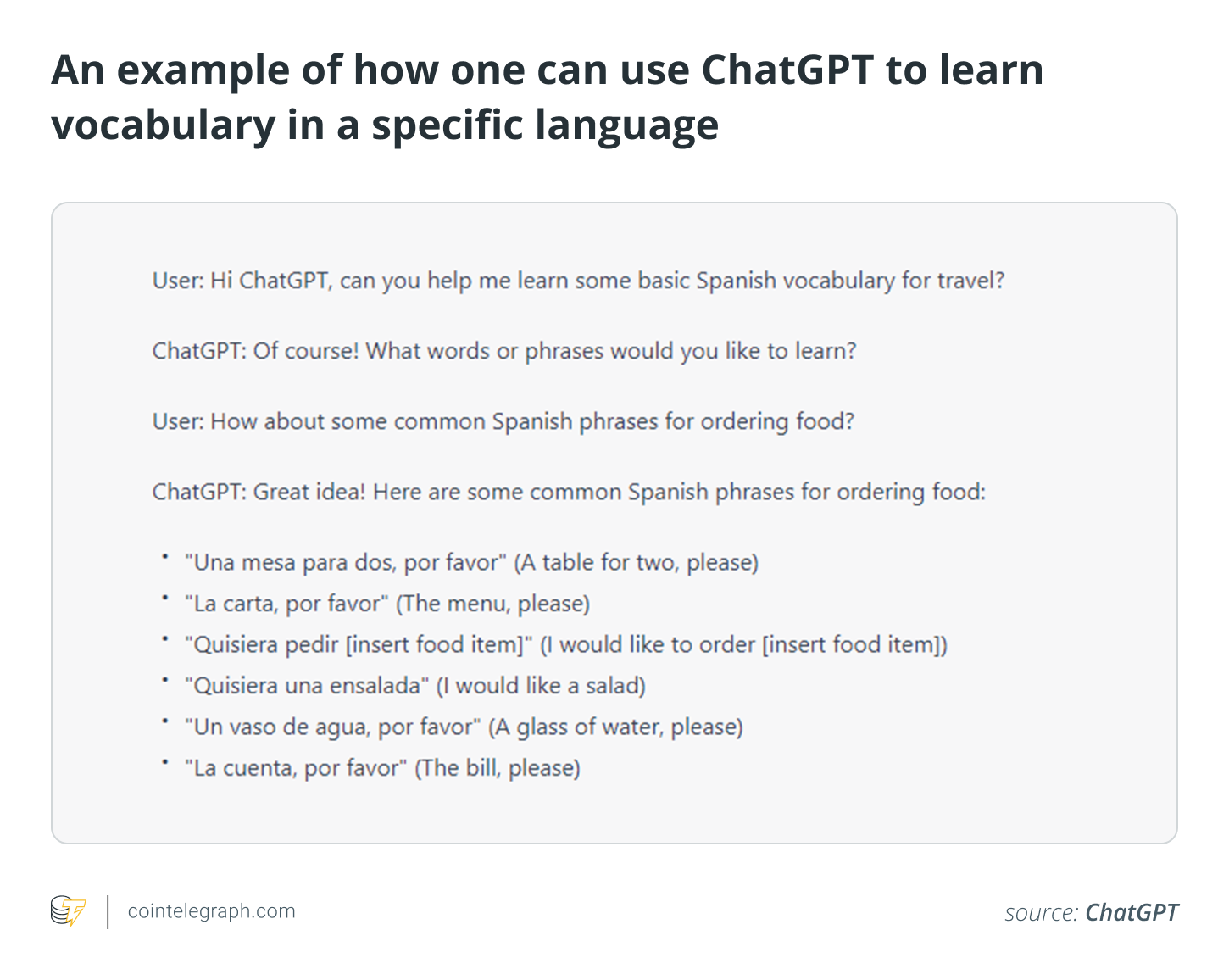Writing good ChatGPT prompts to receive precise and pertinent responses is crucial. For the artificial intelligence (AI) model to produce the required information, clear and accurate context is essential, which allows ChatGPT to better comprehend the aim and scope of a user’s inquiry.
What is prompting in ChatGPT
In OpenAI’s ChatGPT chatbot, prompting is the process of giving the language model input or instructions to get the desired response. It includes creating prompts or questions that direct how the AI model interprets the task or subject. Prompts can be questions, statements, or any other type of input that instructs the model to produce a coherent and relevant response.
The prompt’s effectiveness and quality significantly impact the AI model’s outputs. Clear instructions and context are provided in a well-written prompt, which encourages more accurate responses. It aids in establishing the mood, outlining the intended informational format, and directing the model’s deductive reasoning.
For instance, a question like “What is the capital of France?” would be simple and direct, leading to a straightforward answer. On the other hand, a general question like, “Tell me something about France,” can result in a broader response that may or may not contain the information a user is looking for.
Users can make the most of ChatGPT and improve the outcomes of their interactions with the language model by learning how to arrange and provide effective suggestions.
GPT-4 General Prompting Tips
The following tips will help give you a competitive advantage with the latest version of ChatGPT:
→ Capture Your Writing Style
Feed GPT a few samples of your writing and ask it to create a style guide for future outputs.Example prompt:… pic.twitter.com/JWYYLV4ZLS
— Chase Curtis (@realchasecurtis) April 2, 2023
How to write a good ChatGPT prompt
Here are some important things to keep in mind when including context in prompts:
Specified topic or subject
Declare the desired topic or theme in clear terms. This establishes context, and ChatGPT should produce responses fitting the requested subject.
Background information
Give your topic some relevant background information. This can include applicable information, background context, or any other information required to comprehend the query or request.
Limitations and constraints
Describe any restrictions or limitations to help focus the response. Users should make it explicit in the prompt if they require a response in a certain amount of time or from a certain viewpoint.
Goal
Users should clearly express what information or reaction they are looking for from ChatGPT. Being clear about the results they want — whether it’s a specific solution, an explanation, or a recommendation — enables ChatGPT to offer more individualized and precise responses.

Users should give instances or scenarios, as appropriate, that best describes the particular situation or setting to which they are alluding. This can aid ChatGPT in better understanding the situation, and producing more pertinent, contextualized responses.
Be mindful of biases
Even though ChatGPT strives to offer unbiased and instructive responses, it may occasionally reflect biases seen in the training data. Users can ask for a balanced or impartial stance if they’re looking for multiple perspectives on an issue or making subjective inquiries.
Related: How to improve your coding skills using ChatGPT?
Review and verify responses
Even with carefully prepared prompts, checking and double-checking ChatGPT’s offered answers is crucial. When required, compare the information with other trustworthy sources or seek professional advice. Remember that ChatGPT is a language model and might not always give precise or comprehensive responses.
System-level directives
Users can provide ChatGPT with broad directives to direct its behavior. For instance, they can select the level of detail (“provide a concise summary”) or the point of view (“answer as a scientist”) they desire in the response.
By giving ChatGPT explicit and detailed context, users make it easier for it to understand the request and produce solutions that meet their needs. If the initial results are unsatisfactory, keep trying and tweaking your prompts, and be aware that ChatGPT may not always deliver flawless or fully accurate replies.




